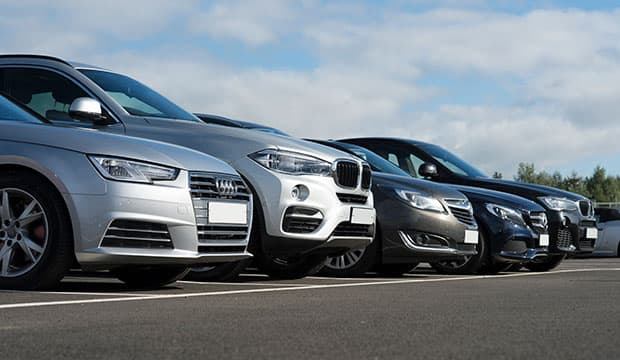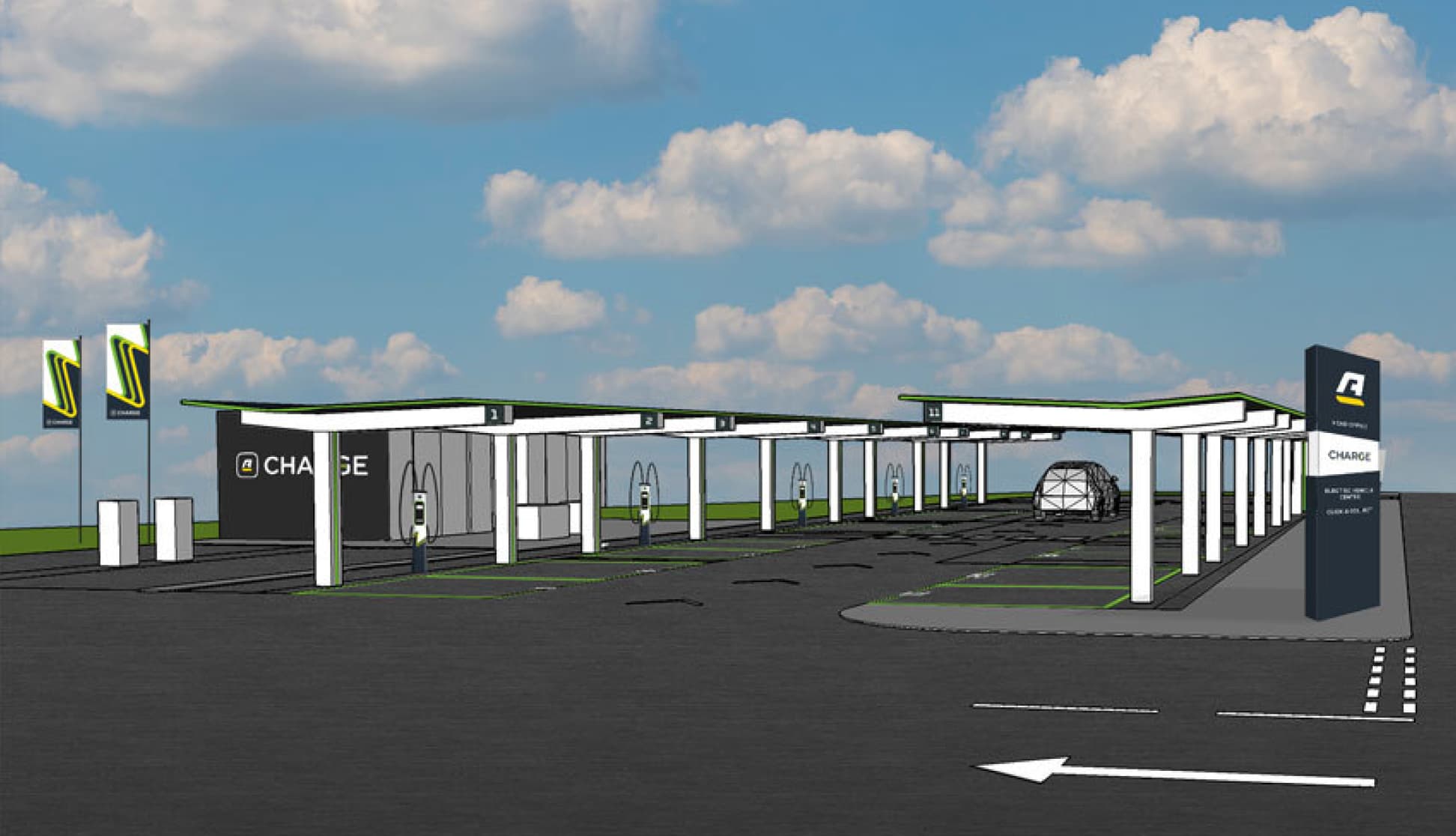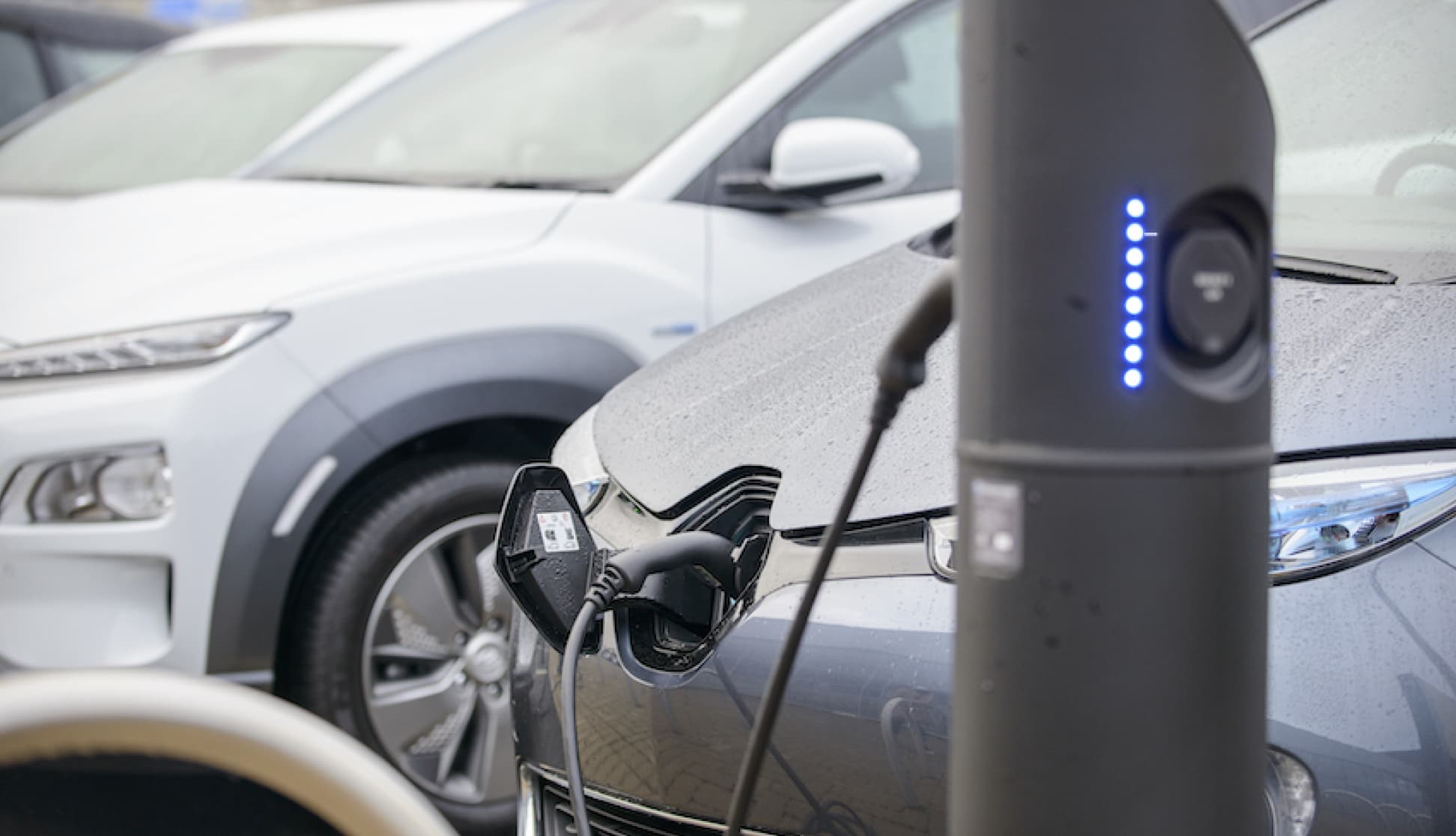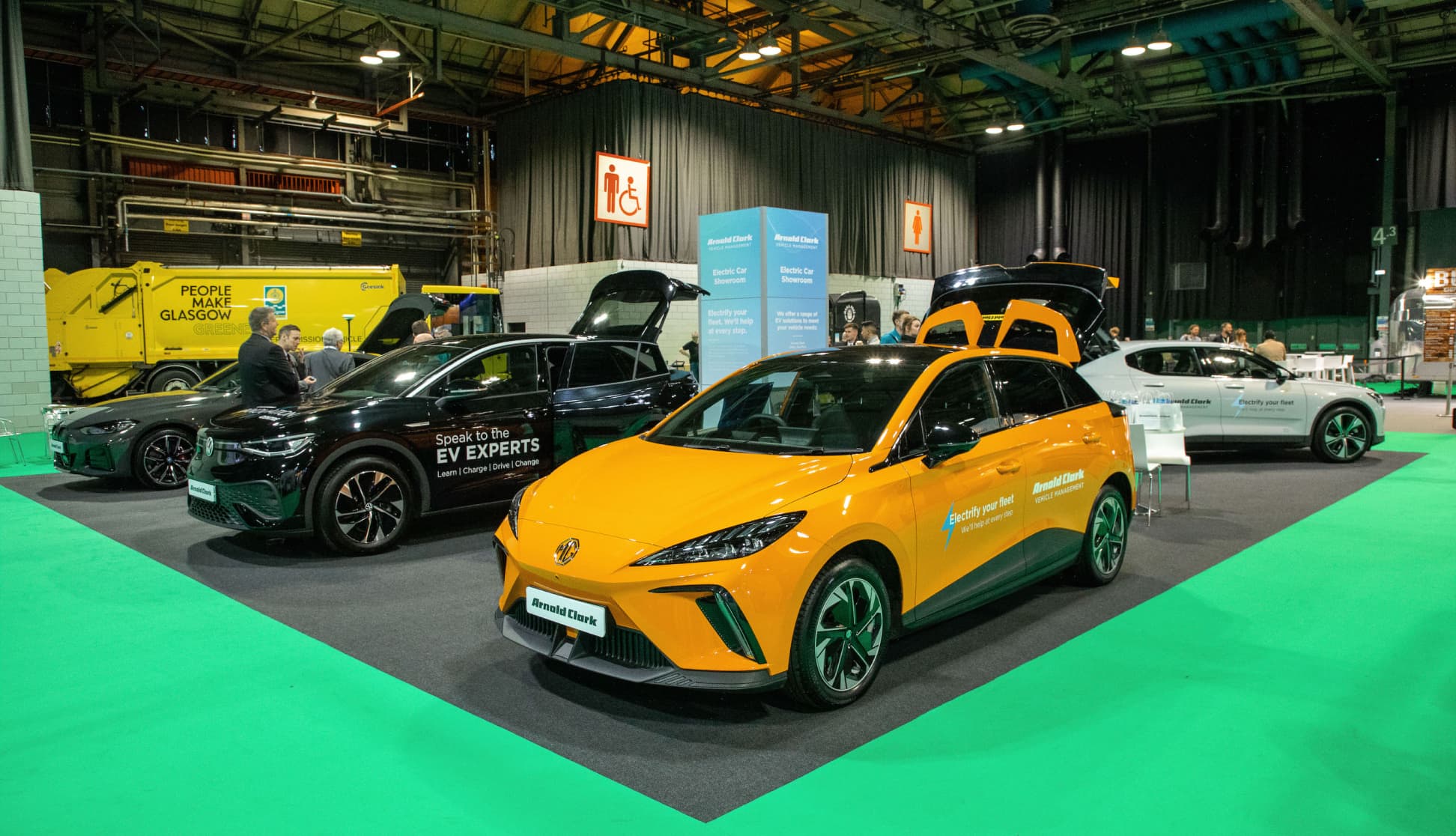A survey published by XpertHR found that company cars are still a popular employee benefit, with 71.3% of organisations having a company car scheme. But as company car tax becomes more expensive and seemingly more complicated, why would employees choose a company car over a cash allowance?
From benefit in kind (BIK) rates to fuel savings, there are a lot of things to consider before making your decision. We take a look at the pros and cons of both options to help you decide what’s best for you.
What is a company car scheme and how does it work?
Typically, an employee will be offered either a specific car or a choice of cars up to a certain value. Company cars can be used for business and private journeys but the employee will not own the car. Therefore, the employee is not tied into a financial contract and they’re not responsible for servicing, maintaining or insuring the car.
Company cars are viewed as an employee benefit or perk, which means drivers need to pay benefit in kind tax (BIK) tax. This tax is calculated using the car’s P11D price and its CO2 emissions figure. The P11D price is essentially what the car is worth and is similar to the car’s list price. The P11D value includes any optional extras the driver adds to the car, for example larger alloy wheels.
If fuel is also part of the company car package, drivers need to pay a car fuel benefit in addition to BIK tax.
The amount you’ll pay for BIK and the fuel benefit will then depend on whether you’re a 20% or 40% tax payer.
Pros:
When you drive a company car, you:
- Don’t need to pay for or organise maintenance, servicing or insurance.
- Can drive a brand-new car every two or three years.
- Are not personally tied into a financial contract.
- Don’t need to worry about the residual value because you don’t need to sell the car.
- Usually pay less for BIK tax compared to a monthly personal contract hire agreement.
Cons:
- Your employer may restrict the choice of cars.
- If you leave your job, you can’t take the car with you.
- You’ll never own the car.
- If you want to drive a premium car with high CO2 emissions, BIK tax can be high.
What does cash allowance mean and how does it work?
Cash allowance is also referred to as a company car allowance, a cash alternative or ‘cash for car’.
A cash allowance is when an employee is offered money instead of a company car. This cash sum is added to the employee’s annual salary and is taxed at the normal income tax rate. The amount offered will vary depending on the employer and the employee. Some organisations offer the exact same value as a company car, but others take the reduced tax payments into account.
When an employee leases or buys a car with the allowance, they are financially responsible for the car and will need to organise and pay for any repair work. However, depending on the agreement with the employer, drivers can claim back a mileage fee to cover the costs of fuel and maintenance if they use their car for work.
With a cash allowance, the employee won’t be tied to the organisation’s list of approved cars. However, there may still be limitations on choice, with some employers requiring a minimum number of seats and doors.
Pros:
When you take the cash allowance, you:
- Can buy a car to keep as an asset and take it with you if you change jobs.
- Won’t pay benefit in kind tax.
- Can ease any financial burdens you might have with the cash sum.
- Will have a bigger range of cars to choose from.
- Can potentially still claim back fuel costs and maintenance.
Cons:
- You’ll need to pay additional income tax on the allowance.
- Are financially responsible for the car and potentially tied in to a contract.
- Might still be restricted in the type of car you can choose.
- Will need to budget for repair work.
What option is right for me – car or cash?
There are three main questions you need to ask your employer:
- What makes and models are available on the approved company car list?
- How much would I receive if I picked the cash alternative?
- Does the car need to meet specific restrictions or requirements (number of doors etc.)?
Knowing the answers to these questions will help you make an informed decision.
When it comes to company cars or cash allowance there isn’t one simple answer. However, generally speaking, if you’re happy with the approved company car list and you cover a lot of miles, a company car might be the best option for you. If you’re looking to drive something more premium with higher CO2 emissions and you have a short commute, a cash allowance could be the one to go for.
Arnold Clark has been buying, selling and leasing cars for over 50 years. We can help you find the right car, no matter what option you choose. If you have any questions about company car schemes, or you’d like to receive a quote for personal contract hire, you can get in touch with us by filling out this form.



